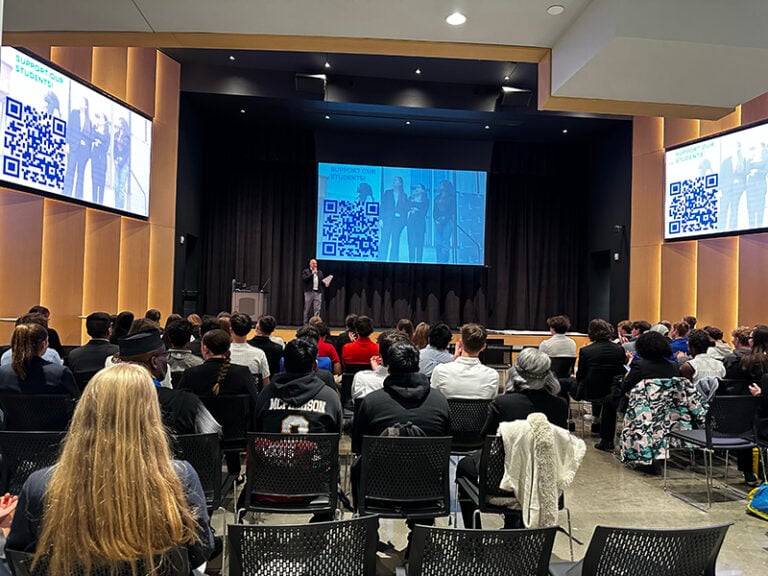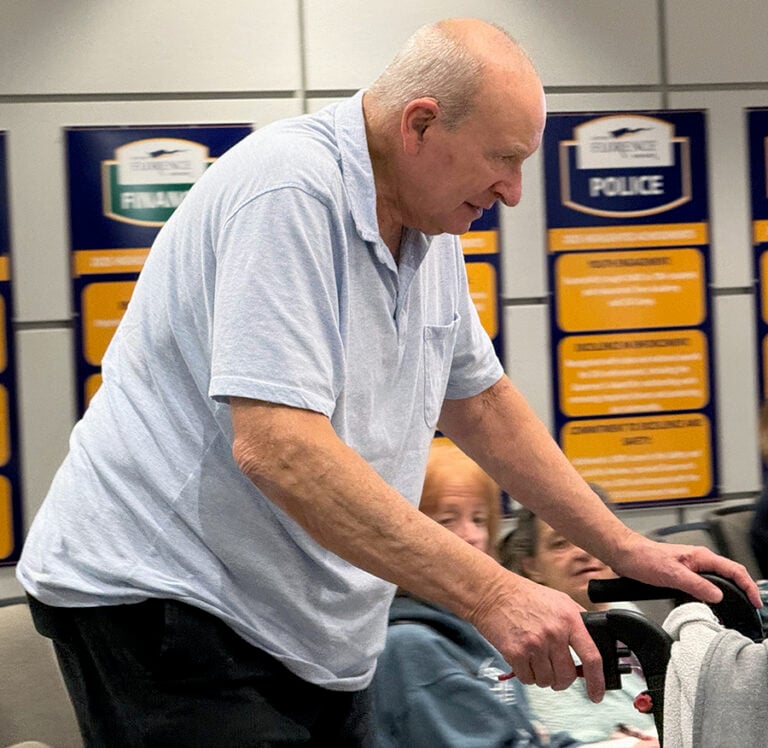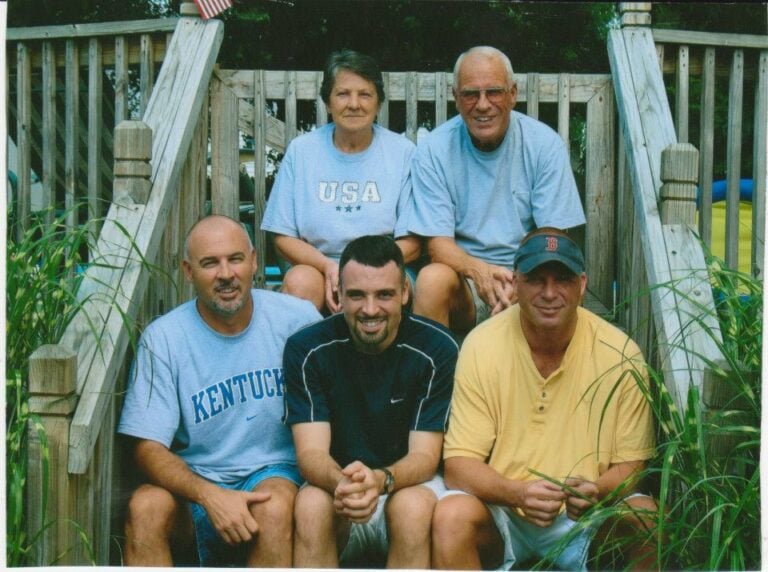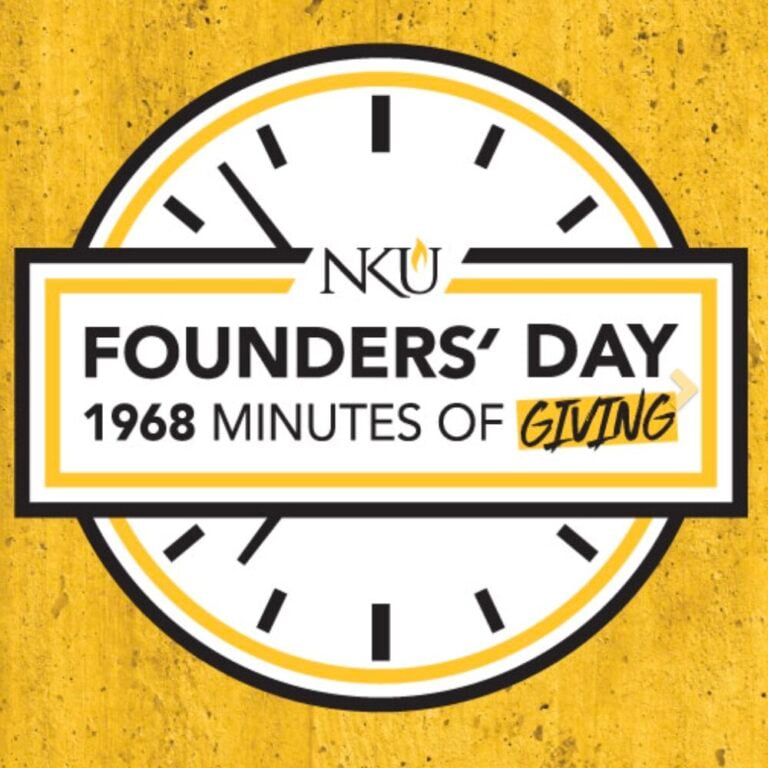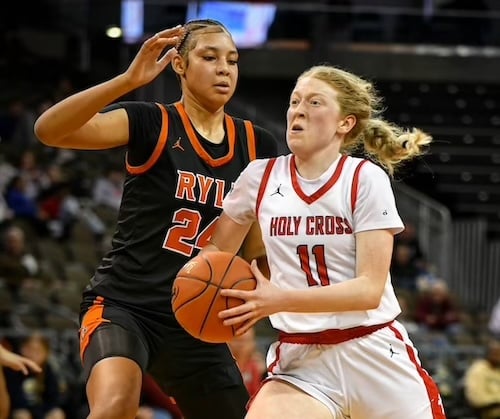By Howard Whiteman
Murray State University
The buck slipped in like they always do during the early archery season. One minute there is nothing and then poof, there he is.
I watched through the trees as he sauntered up to a low-hanging branch and started rubbing his antlers and head all over it, spreading the scent from his suborbital gland onto the branches so his rivals and potential mates could take note. Then he began scraping under the branches, using his hooves to create an area clear of leaves, and finally peeing down his leg over his tarsal glands to leave a different signature in the dirt. Communication in deer is anything but simple.

I was recording this behavior on my phone, all the while realizing that this buck, although very nice, was quite not a “shooter”. I’ve basically come to the point in my hunting career where I will only shoot bucks that are of the same class or bigger than the biggest ones I’ve taken. From 30 yards through the trees, this buck looked wonderful but not quite what I was looking for. Or so I thought.
The deer started to move closer, traveling a path directly through a shooting lane. Following along with my camera, I watched as he entered an open area, with no trees to block my sight. As his antlers and body came into better view my heart rate immediately elevated. Holy crap, he’s bigger than I thought.
I tossed the camera in my pocket, grabbed my bow, hooked up my release, and drew as quickly as I could. He was broadside for just a second, the same second I was trying to estimate about how far he was. The second passed, he turned and showed me his rear, and was gone. Such is the nature of white-tailed deer hunting.
I’ve made that same mistake before but never had it bite me in the behind so hard. What told the tale of my mistake was the elevated heart rate. My mind knew, immediately upon seeing it clearly, that the buck was a shooter, and my heart responded instantaneously to that recognition. Always, always, follow your heart.
I’ve followed my heart on a lot of other events as well, like when I met my wife. I’m pretty sure my heart almost broke my ribs, it was beating so hard I needed to marry her just to stay healthy and avoid internal injury. The birth of my two children led to similarly fast heart beats, not just during their birth but afterward at so many proud moments over the years. But your heart tells you about a lot of things: my heart rate elevated when I was offered my current position at Murray State. I really wanted that job, and my heart knew it.
Lately, though, I’ve had to think a lot more about what my heart is telling me. My heart issues started with shortness of breath several years ago. That turned out to be a blood pressure issue, something that is common as we age, although my genetics were against me as well. My cardiologist found the right meds for me, and I was back in action, running, hiking, and hunting like before.
Over the past year I’ve started to develop some other issues, including a racing heart and arrythmia, which is when your heart beats irregularly. Mine seems to be trigged by stress and dehydration, and has only occurred a few times, but it makes me pay a lot closer attention to my heart, and how I am taking care of my body, as well as my stress levels.
Events like shortness of breath and arrythmia are, like deer peeing on their back legs, a communication signal. Besides the obvious—take care of yourself, dummy—my heart is telling me that life is short and getting shorter, and you better enjoy it while you can. Enjoy and appreciate your family, your friends, your colleagues, and, in my case, your students. Revel in all of the fun things you like to do, and keep doing them the best that you can. And stop procrastinating on the things you really want to do with your life. Tomorrow may be too late.
If you have ever experienced chest pain, or an uneven or racing heart, or even shortness of breath, don’t hesitate. Follow your heart. Go see your doctor or head to the nearest clinic. Ideally you will eventually see a cardiologist. I’m fairly certain that I would not be alive writing this or continuing to make mistakes from a treestand, had I not seen mine.
We only have one life, and we (usually) only get one heart. The more we follow our heart, the longer and more enriched our lives, even if that means occasionally missing out on a trophy buck. I’d rather experience that missed opportunity and remember what my heart was telling me, as I am now, then not having lived to see that buck at all I’m thankful for all that my heart has told me.
Hopefully you will also follow your heart, in the woods, during the dating game, or maybe by seeing your doctor before it’s too late.
Dr. Howard Whiteman is the Commonwealth Endowed Chair of Environmental Studies and professor in the Department of Biological Sciences at Murray State University.








